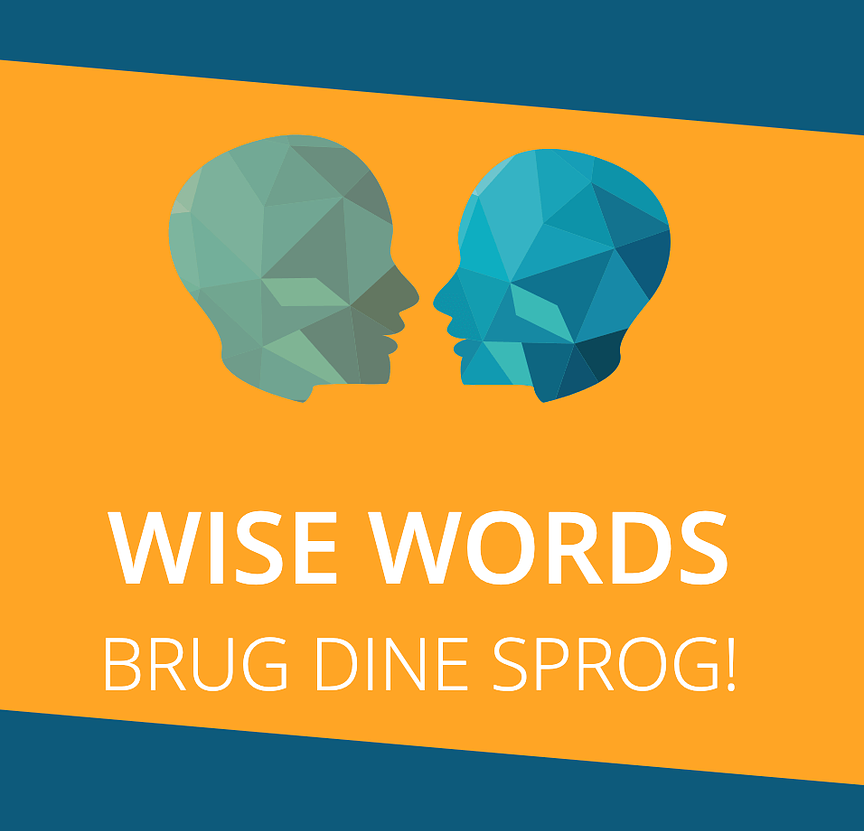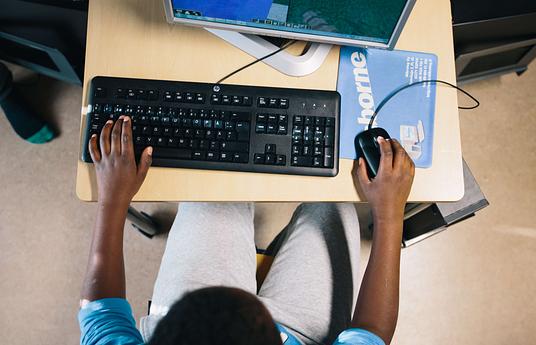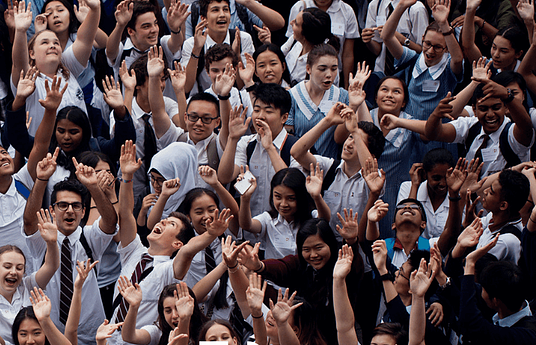Recent research suggests that multilingualism is one of the best ways to keep the brain alert. Those who are multilingual tend to be better at multi-tasking, have a better memory and be more accurate in their language use. This is the basic premise of theWise Wordsinitiative.
Yet,multilingualism can still be viewed as something negative andsome students may still feel ashamed of or stigmatized due to theirmultilingualism - and this is where Wise Words wants to step in!
"When bilingual students are referred to as 'problematic', it's often more about cultural background than language", says Gro Caspersen, who back in 2015 started the Wise Words campaign to focus on the strengthof having many languages. The ultimate goal of the campaign is to give students, parents, teachers, and educational leaders alike, a greater understanding of the advantages of knowinglanguages!
Wise Words is aboutidentifying the linguistic resources, or the "language portraits", found in a school or a classroom, and incorporating these languagesinto the actual teaching. By doing this, the campaign helps to improvemultilingual students' self-esteem and sense of pride in their linguistic and cultural background.As part of the campaign, students recount their own experiences of being multilingual, and what type ofchallenges and opportunities they have faced.
Wise Word thus aims toshownew ways toincrease language awareness andcultural understanding, and subsequently to providebetter opportunities for education and work!
Gro Caspersen, founder or Wise Words, was awarded the Politikens Undervisning Særpris (Politiken's Special Education Award) in 2018 for her great commitment to make all students, no matter language or cultural background, feel included and welcomed in their school environments.



